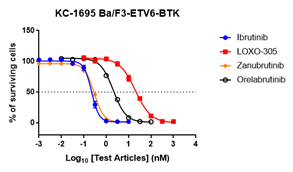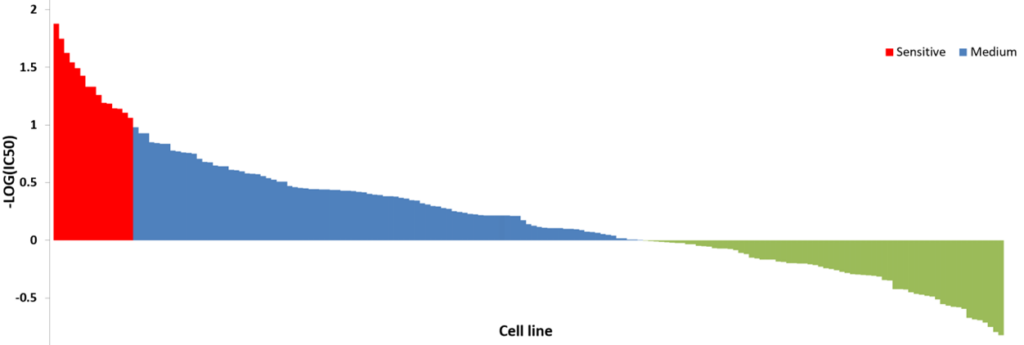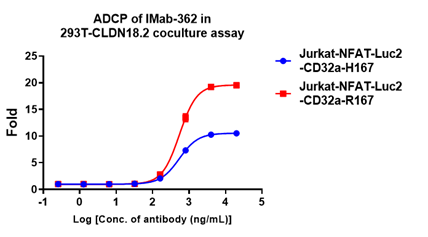ELISA Assay
In Vitro Services
ELISA Assay Overview

The ELISA technique relies on the highly specific binding between particular antigens and antibodies, offering characteristics of high sensitivity, high specificity, and excellent repeatability. In the realm of drug development, ELISA plays a pivotal role in evaluating the absorption, distribution, metabolism, and excretion (ADME) properties of drugs, assessing drug safety and efficacy, as well as monitoring changes in drug concentrations within the body. ELISA is also invaluable for screening and quantifying interactions between drugs and target molecules, such as receptors and enzymes, providing critical data for drug design and optimization.
Kyinno possesses an experienced team well-versed in the operational procedures and crucial technical aspects of ELISA assays. We offer a range of high-quality ELISA methods, including direct ELISA, indirect ELISA, competitive ELISA, and more. Equipped with advanced laboratory equipment and instruments such as microplate readers and washers, our team is capable of providing ELISA technical services covering experimental design, sample handling, data analysis, and result interpretation, whether for detecting protein expression levels, quantitatively measuring antibody levels, or identifying the presence of other specific molecules.
All in vitro Services

The 2D Cell Proliferation Assay, a primary method for cell growth studies, focuses on tumor cells cultured in suspension or monolayers. It allows for comprehensive analysis, highlighting cell development dynamics.

The value of tumor cell lines, as research models and drug discovery tools, is greatly enhanced when there is an understanding of the underlying genetic abnormalities that drive their phenotype. Kyinno provides customized cell panel studies to facilitate your drug discovery and biomarker programs.

Organoids, sophisticated 3D organ replicas grown in vitro, are vital in biomedical research, aiding disease modeling, drug testing, and understanding organ development. KYinno excels in cultivating organoids from diverse tumor tissues, collaborating closely with cancer hospitals to ensure translational relevance.



FACS Binding Assay or Fluorescence-Activated Cell Sorting, is a pivotal cellular biology research technique for binding evaluation. It offers insights into cellular binding mechanisms, enriching our understanding of cell interactions.

